Many of us make mistakes when it comes to poultry farming. These mistakes are due to lack of experience, improper guidance, or any other reason. In this article, we are going to look at the mistakes of poultry farmers. Every farmer’s mistake is different. The new farmer may suffer due to insufficient knowledge and skills, while the experienced farmer may suffer due to overconfidence or negligence.
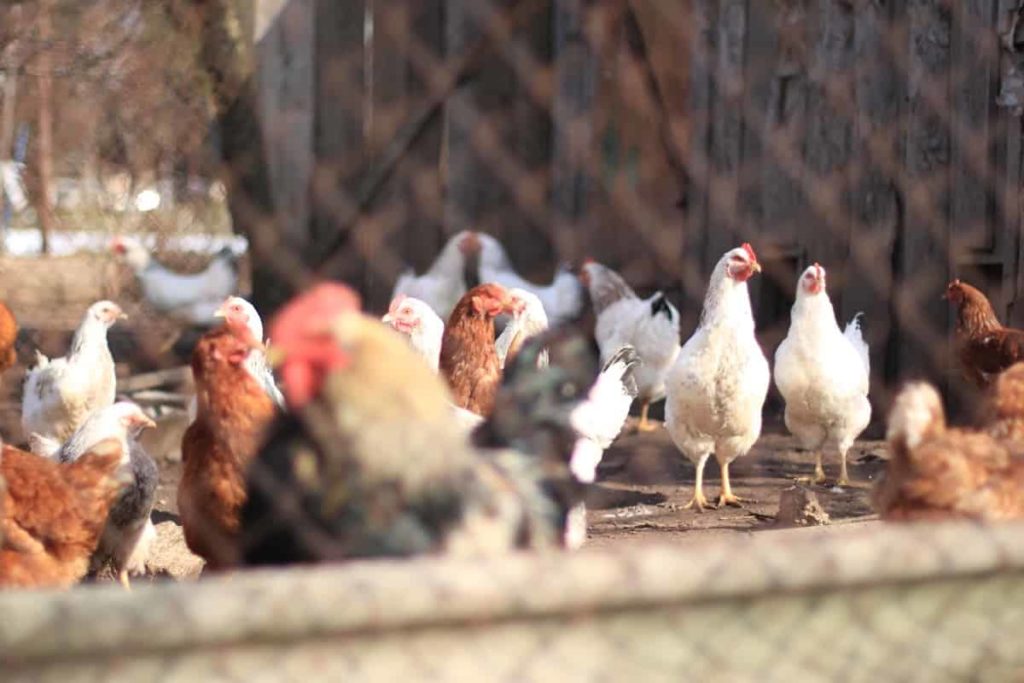
These mistakes are made by new poultry farmers because they have no previous experience. New poultry farmers are advised to be very careful when starting a new farm to avoid these mistakes. Every farmer makes these mistakes during his career as a poultry farmer. We want all poultry farmers to avoid these common mistakes and pay special attention to these mistakes. Following are the simple guidelines to prevent a lot of mistakes in poultry farming.
Common mistakes everyone makes in poultry farming
Not seeing a sick bird on time
It is very important to observe your birds every day so that if you have a sick or injured bird you can see it in time and remove it for treatment. It’s a good idea to get used to your bird’s normal behavior and to observe them daily. All your birds should be active and their eyes should have a nice shiny, healthy red or pink comb, and their wings should be clean, glossy, and well-preened.
Symptoms of sick birds include;
- Moving slowly, and not being interested in eating
- Not eating or drinking
- Swollen legs or feet
- Head pulled tightly in
- Droopy wings and tail
- Heavy or strained breathing
- Decreased egg production
- Straining
- Acting lethargic
- 1Sneezing, wheezing, or coughing
- Pale or purple comb, and wattles
- Cloudy, leaky, swollen, or watery eyes
In case you miss this: Poultry Farm Insurance in India, Companies, Policy, and Premium
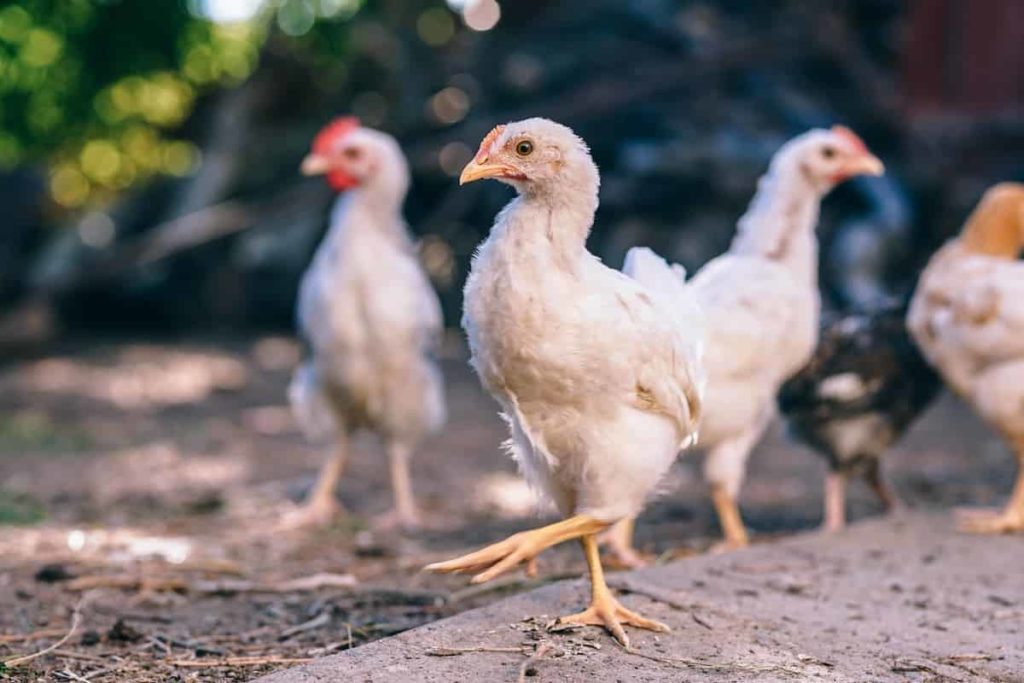
If there is a sick or injured bird, it is best to separate it as soon as possible. Examine the sick bird’s weight, vent, face, mouth, and nostrils, and see blood, scabs, and other symptoms of injury. Treat the bird, check it out before sending it back to the flock.
Inadequate housing
To make it commercially viable and sustainable, an emerging farmer must provide the right type of housing for the poultry practice system. The main purpose of poultry housing is to provide a healthy, comfortable environment for chickens to ensure maximum production at affordable prices. The main environmental conditions inside chicken houses are as follows;
Temperature
Chicken are warm-blooded animals whose body temperature ranges from 40.6°C to 41.7°C. When a chicken hatches, its body temperature drops to about 39.7°C. Chickens cannot maintain their body temperature. Therefore, to maintain it inside the house, it is necessary to have insulation of roofs and walls.
Airflow
The purpose is to introduce fresh air, remove stale air and control the temperature in the house. In open houses, this flow is controlled by plastic curtains. So, for these curtains it is necessary to open from top to bottom, leaving a ‘skirt’ at the bottom. This prevents cold air from flying directly over the chickens. Many curtains of failed projects were closed from top to bottom or controlled by poles.
Not being financially prepared
Most new farmers make the mistake of starting poultry farming without a cost analysis report and feasibility studies. You have to keep the resources on the ground to fund your farming project from start to finish. This will help you to become an abandoned project. To be successful in the poultry farming business, you have to have enough money to buy feed, medicine, and many other things that can be generated during poultry farming.
In case you miss this: Top 50 Poultry Farming Tips, Ideas, and Techniques
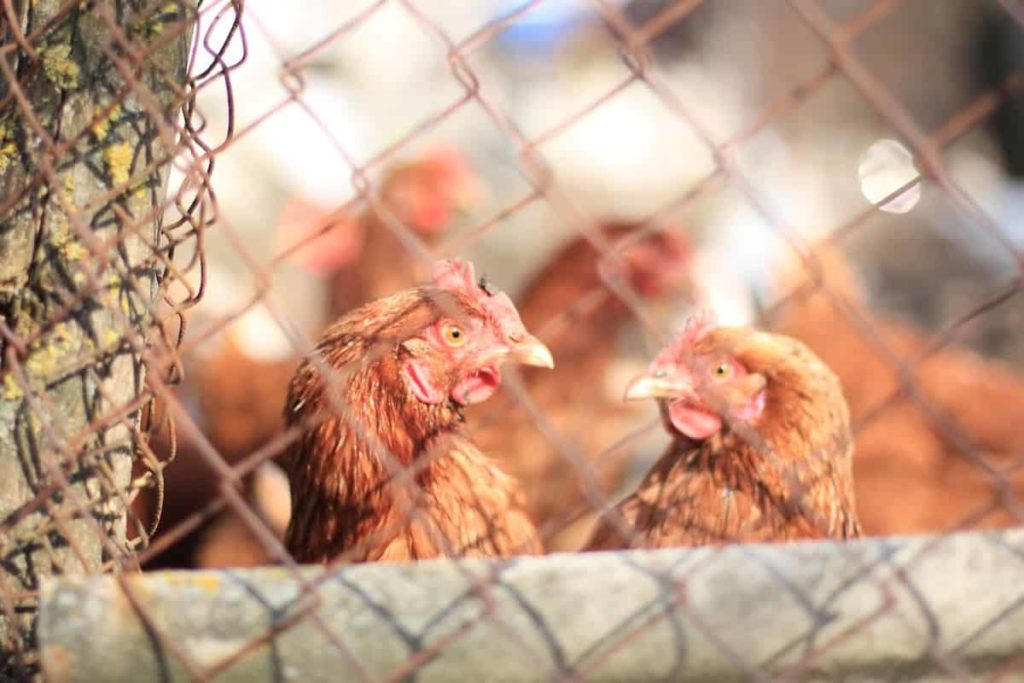
Placing toxic chemicals around or inside a poultry house
Chemicals, pesticides, herbicides, and rat poisons are deadly to your poultry birds. It is best to avoid using such items near your poultry house or in places where your birds have a limit. If you spray grass or hay around your coop, or wherever your bird’s range, they may eat more of it, and eat chemicals that could cause disease or death in your birds. This applies to birds that are free-range on the farm.
Access to poultry farming without any training/course/guidance/experience. It is best to avoid using these chemicals in your poultry environment. If you must, use them sparingly. Always wash your hands before and after going to your poultry because the residue of these chemicals can stay on your hands. Before you start your poultry farm, it is advisable to get some training. If training is not possible, do poultry farming under the guidance of an experienced poultry farmer.
Not doing proper research on the poultry farming industry
Before starting your poultry farm, research this industry, read on how to start poultry farming. Also, research the local market to get information about the industry. Ask experienced people around you about the challenges in the poultry industry.
Poor hygiene and poor ventilation coop in poultry houses
This is a common mistake. Keeping birds in dirty, poorly ventilated and dark coops can lead to many health problems such as respiratory problems, mite/lice infestations, reduced egg production, and other health problems and diseases.
Make sure the poultry house beds are clean and change them often. Make sure your coupe is well ventilated and has plenty of air. Light is also important. Do not keep your birds in a dark coop without natural light. To do this, use the dwarf wall system for your poultry house and turn the poultry house facing east and west direction.
In case you miss this: How to Start Poultry Farming in Karnataka
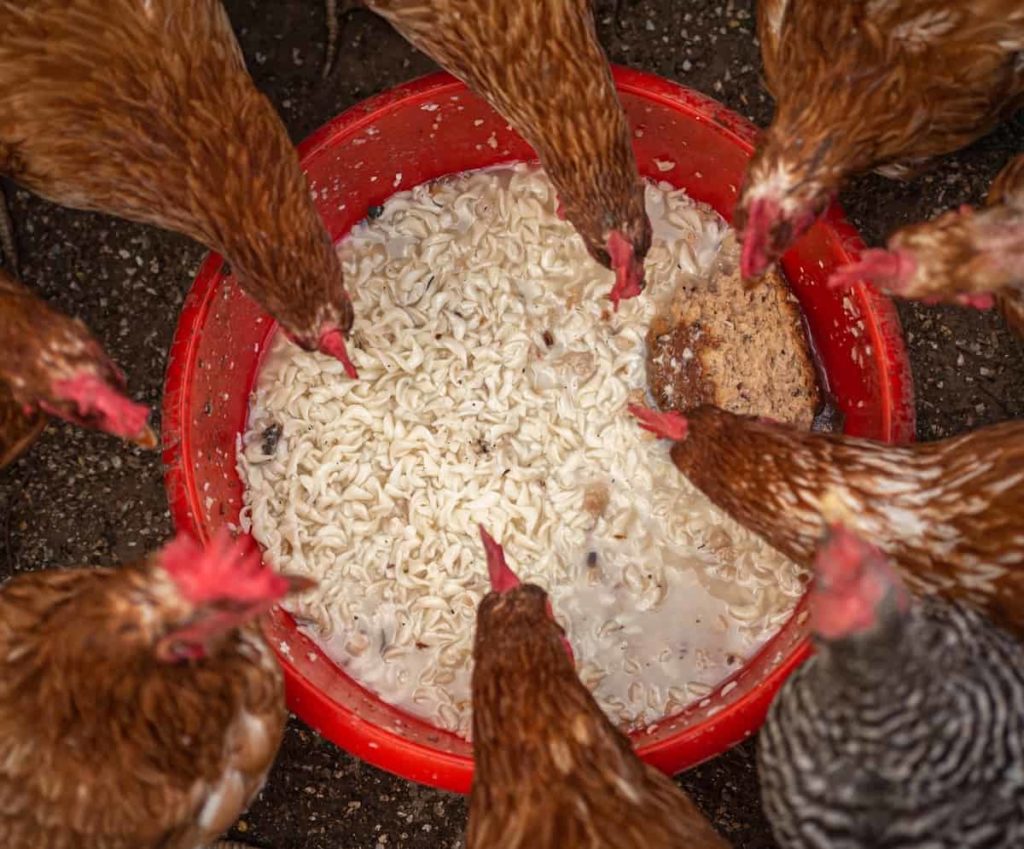
- Impure water – The water you give to your birds should be clean. If it should be free from contamination.
- Keep the farm clean – Before bringing chickens to the farm, make sure that the farm is antibacterial and antiviral.
Not choosing the right breed
When starting a poultry farm, you should choose a breed that suits not only your desired goal but also your lifestyle. However, we have many different breeds for different purposes.
Overcrowding your bird in a small space
Overcrowding your birds can lead to stress, cannibalism, feather pecking, and other problems. The floor space requirement of broilers varies at the time of marketing depending on their body weight, housing system, age of marketing, and ambient (room) temperature. 18-day-old broiler chickens require 450 square centimeters, while 19- to 42-day-old broilers require 1,000 square centimeters.
Multiply it by the number of birds you want to stock. Remember this is an estimate, it is better to know what is best for your birds. You may plan to have 50 chickens in the beginning, but you may want to expand your business in the future, so when your flock expands, instead of rebuilding a new poultry house, it’s a good idea to build a bigger one from the start.
In case you miss this: Backyard Poultry Farming In India – How To Start
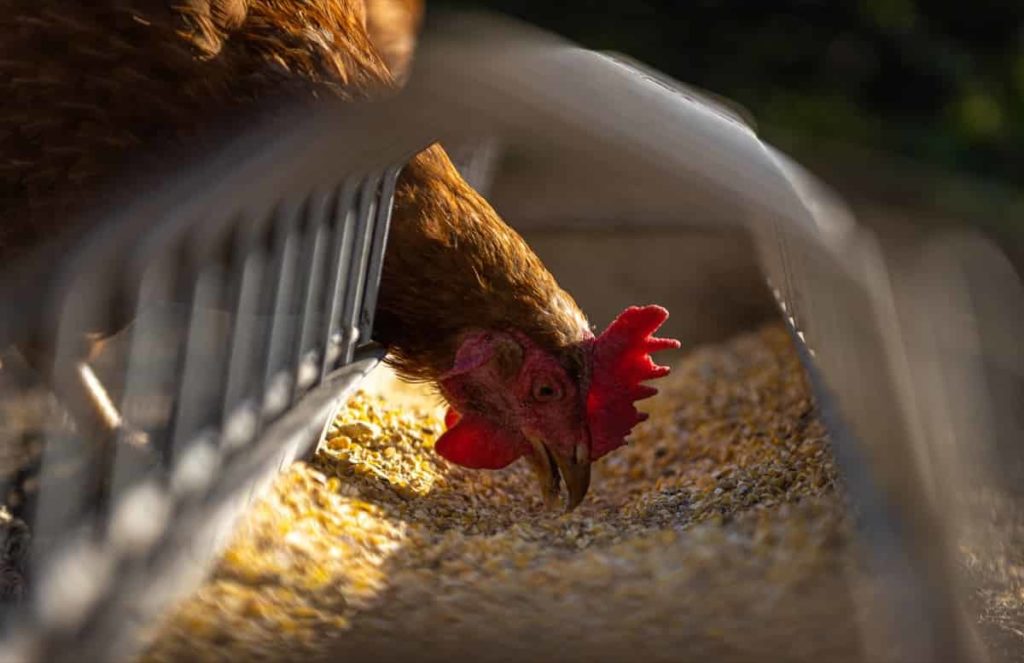
Do not use quality poultry feeds
When your poultry birds are properly fed with quality (balanced), they are fed without adulteration which results in increased production. This is seen in the rapid growth of birds, increase in egg production and general well-being of birds. Making the mistake of not feeding your birds properly (i.e., not feeding on time with a quality feed) can lead to a decline in bird development, egg production which can ultimately affect your bird’s profit and income from your birds.
Due to the high cost of producing poultry feed, some producers have started mixing in the feed to make more profit. When you feed your birds mixed feed, your poultry birds will be badly affected. If you buy a feed, take the time to get it from a trusted feed producer or company. Often the best thing to do is to prepare your feed with ingredients to make sure you are feeding your birds. Make sure you give your birds a high-nutrient diet. The feed you give to birds should be appropriate to improve their health.
Do not identify poultry diseases
The farm should have a biosecurity program designed to prevent diseases from entering or spreading the farm. The two most important aspects are control of access to the premises and vehicles and disinfection. A farmer should not voluntarily allow people and vehicles to enter and exit the premises, and buyers should not be allowed to enter the chicken houses freely. This is one of the surest ways to introduce the disease.
In case you miss this: Poultry Housing – Types, Equipment, And Construction
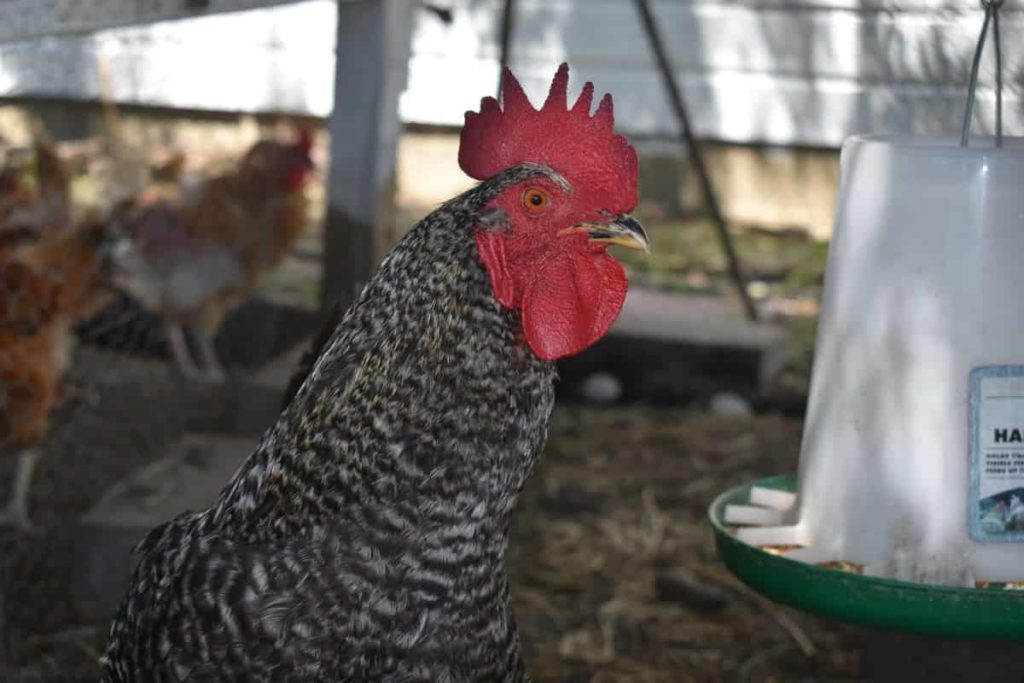
Disease management is another major challenge for small-scale farmers. Birds that get sick or recover from an illness usually eat less and produce less meat or eggs. Some diseases can be treated, which increases the cost of production, but in extreme cases, the entire herd may have to be killed to eradicate the disease. Farmers struggle with disease management mainly due to poor quality chickens, poor management practices, and ineffective vaccination programs.
- Economical Aquaculture: A Guide to Low-Budget Fish Farming
- 15 Common Planting Errors That Can Doom Your Fruit Trees
- How to Make Houseplants Bushy: Effective Tips and Ideas
- Innovative Strategies for Boosting Coconut Pollination and Yield
- Pollination Strategies for Maximum Pumpkin Yield
- The Complete Guide to Chicken Fattening: Strategies for Maximum Growth
- Natural Solutions for Tulip Problems: 100% Effective Remedies for Leaf and Bulb-Related Issues
- Revolutionizing Citrus Preservation: Towards a Healthier, Greener Future
- Natural Solutions for Peony Leaf and Flower Problems: 100% Effective Remedies
- Maximizing Profits with Avocado Contract Farming in India: A Comprehensive Guide
- Natural Solutions for Hydrangea Problems: 100% Effective Remedies for Leaf and Flowers
- The Ultimate Guide to Choosing the Perfect Foliage Friend: Bringing Life Indoors
- From Sunlight to Sustainability: 15 Ways to Use Solar Technology in Agriculture
- The Ultimate Guide to Dong Tao Chicken: Exploring from History to Raising
- The Eco-Friendly Makeover: How to Convert Your Unused Swimming Pool into a Fish Pond
- Mastering the Art of Delaware Chicken Farming: Essentials for Healthy Backyard Flocks
- 20 Best Homemade Fertilizers for Money Plant: DIY Recipes and Application Methods
- How to Craft a Comprehensive Free-Range Chicken Farming Business Plan
- Brighten Your Flock: Raising Easter Egger Chickens for Beauty and Bounty
- How to Optimize Your Poultry Egg Farm Business Plan with These Strategies
- Subsidy for Spirulina Cultivation: How Indian Government Schemes Encouraging Spirulina Farmers
- Ultimate Guide to Raising Dominique Chickens: Breeding, Feeding, Egg-Production, and Care
- Mastering the Art of Raising Jersey Giant Chickens: Care, Feeding, and More
- Ultimate Guide to Raising Legbar Chickens: Breeding, Farming Practices, Diet, Egg-Production
- How to Raise Welsummer Chickens: A Comprehensive Guide for Beginners
- How to Protect Indoor Plants in Winter: A Comprehensive Guide
- Ultimate Guide to Grow Bag Gardening: Tips, Tricks, and Planting Ideas for Urban Gardeners
- Guide to Lotus Cultivation: How to Propagate, Plant, Grow, Care, Cost, and Profit
- Agriculture Drone Subsidy Scheme: Government Kisan Subsidy, License, and How to Apply Online
- Ultimate Guide to Raising Araucana Chickens: Breed Profile, Farming Economics, Diet, and Care
- Bringing Hydroponics to Classroom: Importance, Benefits of Learning for School Students
- Ultimate Guide to Raising Polish Chickens: Breed Profile, Farming Economics, Diet, and Care
- Ultimate Guide to Raising Australorp Chickens: Profile, Farming Economics, Egg Production, Diet, and Care
- Silkie Chicken Farming: Raising Practices, Varieties, Egg Production, Diet, and Care
- Sussex Chicken Farming: Raising Practices, Varieties, Egg Production, Diet and Care
- Homemade Feed Formulations for Livestock: Discover Cost-effective Starter to Finisher Feed Recipes
I have gained alot